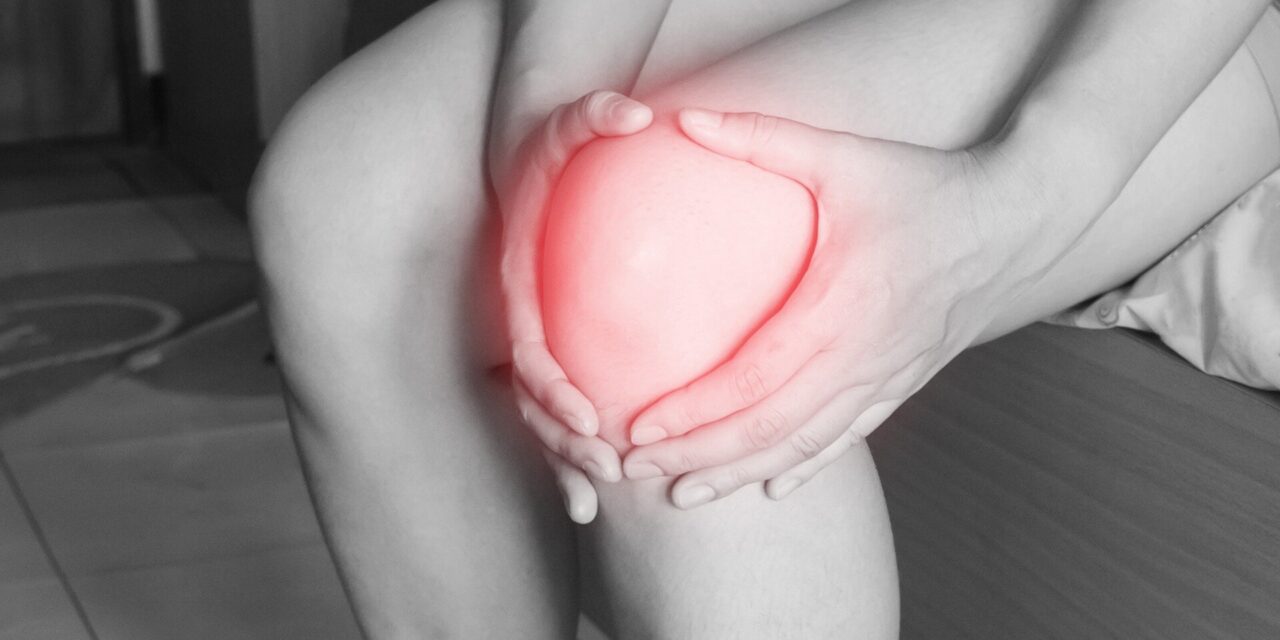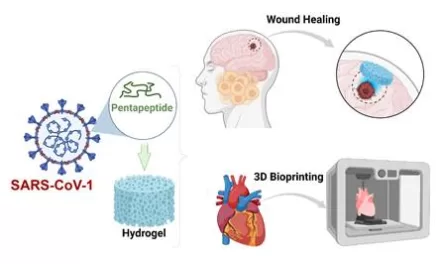On the occasion of World Arthritis Day, health experts have emphasized that delaying treatment for knee arthritis can result not only in worsening knee conditions but also in severe damage to the spine. They cautioned that timely diagnosis and management of arthritis are crucial to maintaining long-term mobility and preventing additional complications that affect the quality of life.
Knee arthritis, especially osteoarthritis, is a degenerative joint disease primarily affecting older adults. It leads to symptoms like pain, stiffness, and limited mobility, making daily activities such as walking or climbing stairs difficult. While these knee symptoms are commonly discussed, experts warn that untreated or poorly managed arthritis can have far-reaching effects beyond the knee joint.
“Osteoarthritis is the most common cause of knee arthritis, affecting more than 70% of cases,” said Dr. L. Tomar from Max Hospital. He explained that osteoarthritis typically damages the medial (inner) compartment of the knee, reducing the space between the bones and leading to increased joint wear and tear. As the condition progresses, patients often experience more pronounced deformities, such as bow-leggedness, which can put excessive pressure on the lumbar spine.
“When patients continue to walk with a bow leg deformity, it significantly strains the lower back, leading to spinal damage. In such cases, advanced knee arthritis can be corrected with minimally invasive total knee replacement surgery,” added Dr. Tomar. This surgery can alleviate pressure on both the knees and the spine, potentially reversing some of the spinal damage caused by years of altered posture and gait.
Another critical aspect of arthritis that is often overlooked is the neurological impact. Dr. Praveen Gupta from Fortis Hospital explained that several neurological symptoms can arise from rheumatological diseases like arthritis. “Inflammatory arthritis, for instance, can cause nerve compression syndromes, leading to pain, numbness, or tingling. These symptoms are frequently overlooked, as there is a gap in knowledge and training in the clinical management of these interconnected conditions,” he noted.
Experts stressed the importance of early intervention. Ignoring early signs of knee arthritis or delaying proper treatment can not only lead to permanent joint deformities but can also affect other areas of the body, such as the spine. Patients experiencing symptoms like knee pain, stiffness, or difficulty in movement should consult specialists promptly for a proper diagnosis and treatment plan.
Timely treatment, experts say, can prevent long-term complications, including spinal deformities, neurological issues, and significant declines in quality of life. Early intervention, whether through medications, physical therapy, or surgical options like knee replacement, can help restore mobility and prevent additional health challenges.
As the global burden of arthritis continues to rise, health professionals are calling for greater awareness of the condition’s broader impact on the body. Early detection and proper management are key to improving the overall well-being of those affected.












